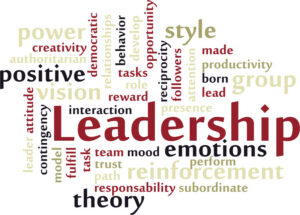Relationships and human connection matters. Whether it’s a best friend / BFF, a close work colleague, a neighbor, a roommate, or a long-term committed spouse or partner, relationships do matter. And they take time to develop, nurture and sustain.
take time to develop, nurture and sustain.
Vivek H. Murthy, MD, former Surgeon General from 2015 to 2017 and again from 2021 to 2025, spoke at the HIMSS19 CIO Forum on the prevalence of loneliness in our society and its devastating impacts on health. His 2023 book, “Together: The Healing Power of Human Connection in a Sometimes Lonely World”, makes a compelling case that loneliness is a public health concern and offers inspiring stories of how individuals and communities are helping people realize they are not alone.
In 2023, HHS published “Our Epidemic of Loneliness and Isolation – The U.S. Surgeon General’s Advisory on the Healing Effects of Social Connection and Community”. In Dr. Murthy’s opening letter of the publication, he said:
“Each of us can start now, in our own lives, by strengthening our connections and relationships. Our individual relationships are an untapped resource – a source of healing hiding in plain sight. They can help us live healthier, more productive, and more fulfilled lives. Answer that phone call from a friend. Make time to share a meal. Listen without the distraction of your phone. Perform an act of service. Express yourself authentically. The keys to human connection are simple, but extraordinarily powerful.”
My husband and I have lived in 7 different cities since we first met. That means many different jobs, neighborhoods and church communities. I envy people who have close friends that go all the way back to grade school or high school. Continue reading









